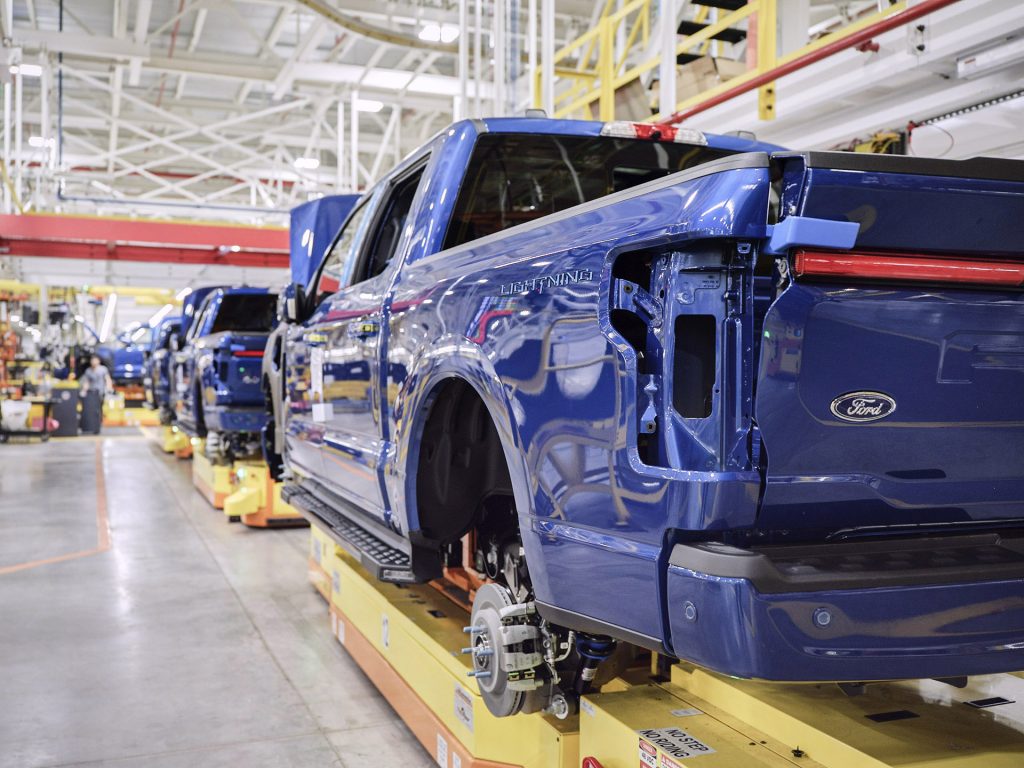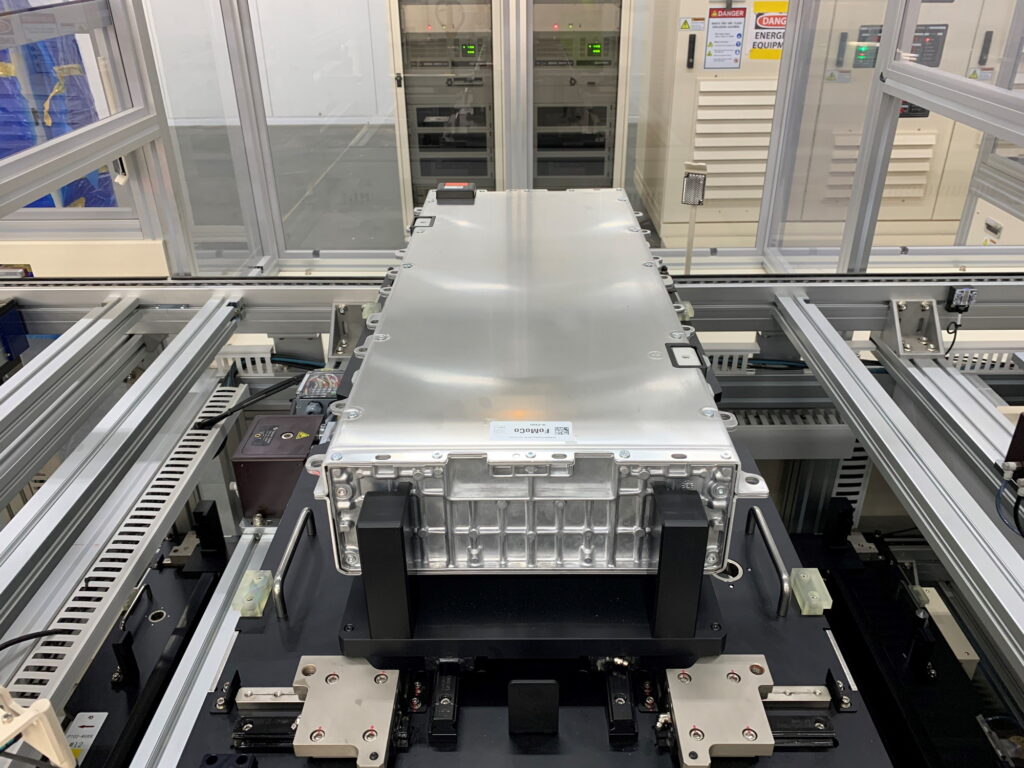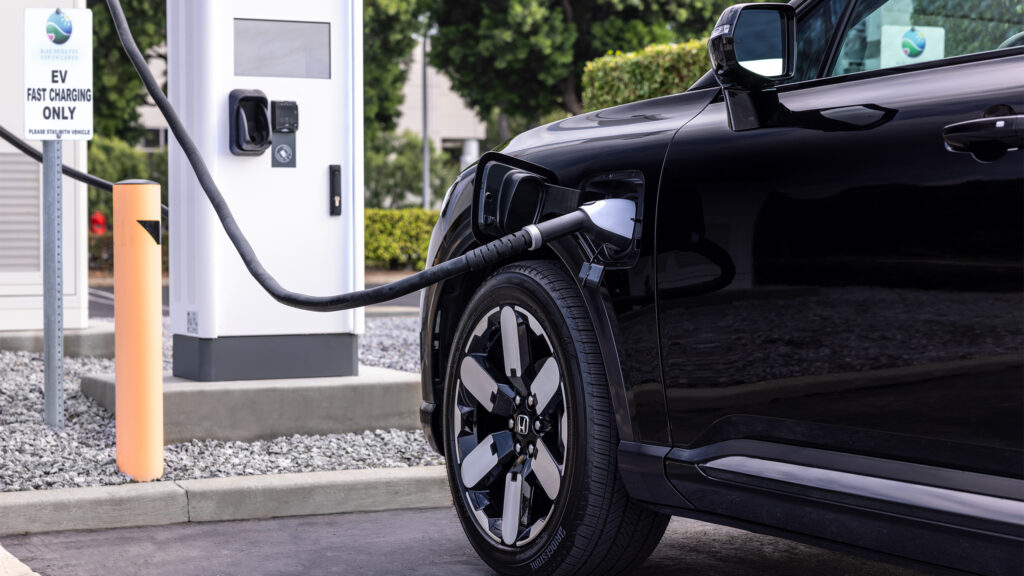President Biden’s administration has specified new restrictions that will impact how many electric vehicles sold in the U.S. are eligible for tax credits under the Inflation Reduction Act based on the origin of their battery materials.
From January 1, 2024, electric vehicles will be ineligible for any of the $7,500 in federal EV tax credits if any of the battery components are made or assembled in what the U.S. considers a ‘foreign entity of concern,’ (FEOC) including China, Iran, North Korea, and Russia. This exclusion will grow in 2025 to include any critical minerals used in an EV’s battery extracted, processed, or recycled by one of these FEOCs.
The U.S. Treasury Department will adopt the Energy Department’s definition of a FEOC. A company is declared a FEOC if it is incorporated in, headquartered in, or performs relevant activities in one of the countries mentioned above or if at least 25% of its voting interest, board seats, or equity interests are held either directly or indirectly by a covered nation’s government. A company also meets the definition if it operates outside a covered nation that contracts with or licenses technology from a FEOC but does not retain certain rights over its operations.

Auto News reports that the Treasury Department will provide automakers the information they need to examine their supply chains and trace battery minerals to determine which of their vehicles qualify for tax credits.
Read: Car Dealers Can Slash $7,500 Off New EVs From January 1 And Get Tax Credit Directly
According to the Alliance for Automotive Innovation chief executive John Bozzella, the new guidance will provide car manufacturers with a clear roadmap for where they can source battery components and minerals.
“When it comes to China and the auto industry… it’s complicated, but this is important clarity,” Bozzella wrote in a blog. It’s important (for economic and national security) that the U.S. controls its destiny with supply chains and raw materials sourced domestically or from allies. That will happen. In fact, it’s already happening all over the Midwest and Southeast. But the EV transition requires nothing short of a complete transformation of the U.S. industrial base. It’s a monumental task that won’t happen overnight.”




